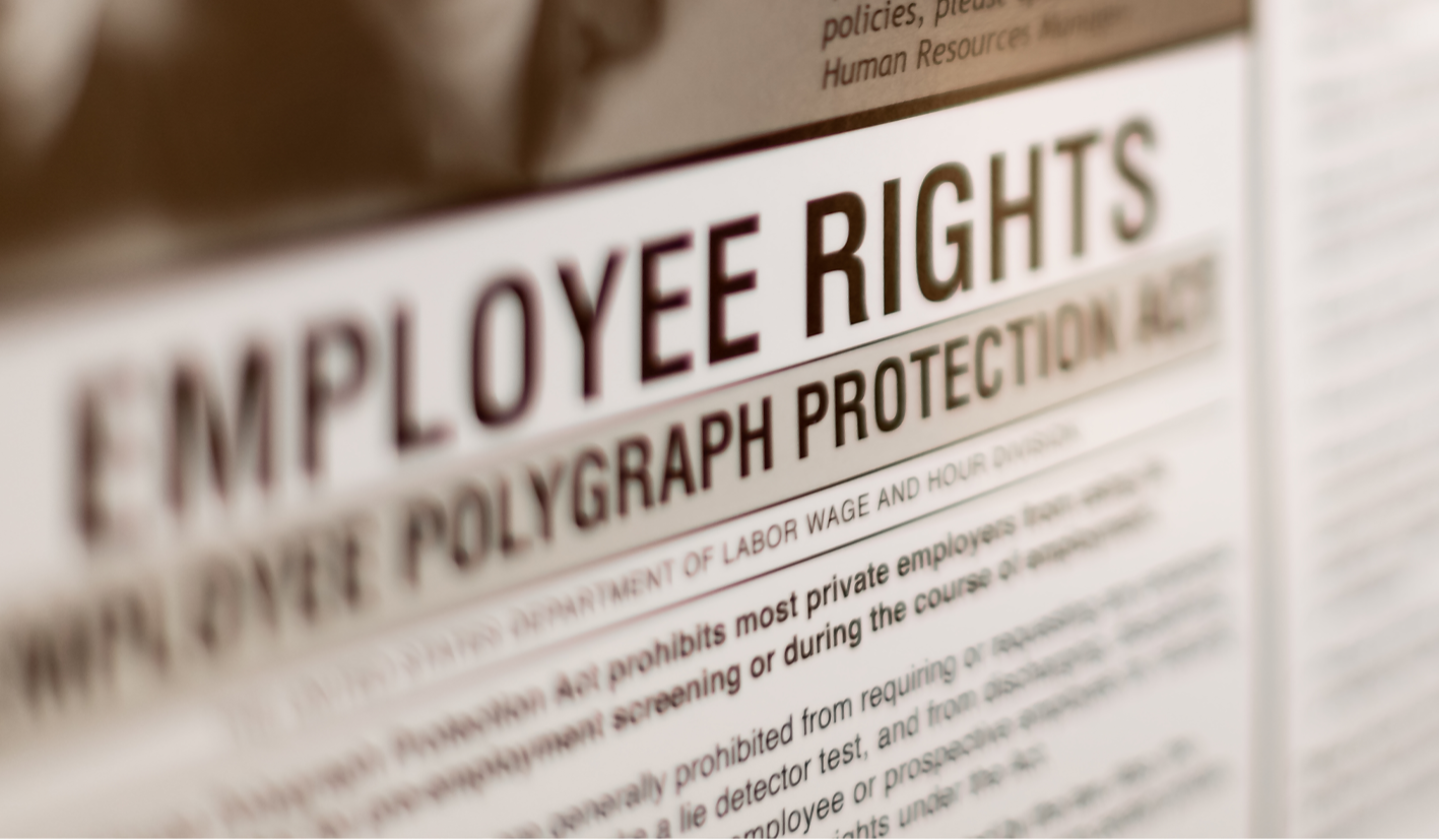The Civil Access to Justice Clinic (CAJC) – Employment Law Division is a 2-credit clinic that focuses on providing legal advice and lawyering to workers who have not been properly compensated by their employers. Claims may include failure to pay for work performed, failure to pay minimum wage and overtime, and improper denial of unemployment benefits. Students in this clinic focus on providing advice, referrals, and direct legal services to employees whose employers have failed to follow the law or, in some cases, sought to take advantage of them. From helping a worker draft a letter to their employer, to filing suit in DC Superior Court, and pursuing an unemployment benefits denial in the Office of Administrative Hearings (OAH), the clinic aims to address the problem of underpayment and exploitation of low-wage workers. Students in this clinic enjoy the same close supervision and mentorship that is a hallmark of the GW Clinics as well as the certification to practice as student-attorneys in DC Courts. The time commitment and scope of lawyering work involved in this clinic, however, are far more limited than our traditional 4-6 credit clinics.
In the 1-credit seminar, students focus on client counseling and interviewing; demand letter, complaint, and motions drafting; ethics; negotiations; and the dynamics of low-wage worker exploitation. In the seminar, students learn the substantive law and engage in classroom exercises that prepare them for their legal work. Finally, students consider access to justice and strategies for reforming our legal system to address bias, discrimination, and injustice. For an average of approximately 7 hours a week, students engage in lawyering work.
Throughout the semester, students will staff the Workers’ Rights Clinic of the Washington Lawyers’ Committee for Civil Rights and Urban Affairs, providing advice and brief services to workers seeking help with employment issues. Employees with more complex employment law or unemployment insurance cases may be accepted by CAJC for representation in DC Superior Court or the Office of Administrative Hearings (OAH). Students will engage in interviewing, fact investigation and counseling, evidence-gathering, legal analysis, demand letter drafting, negotiations, and possibly the initiation of cases to address lost wages and the denial of unemployment benefits.


